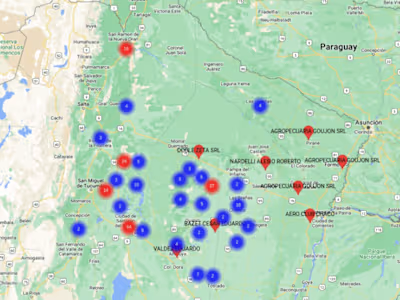Healthcare hospital/clinic management
These points and a lot more have been developped in about a year and are beign used in private hospital/clinics and also in public one's.
Ambulatory medical care: Registration and monitoring of consultations and treatments that do not require hospitalization.
Emergency services: Management of shifts and emergency care outside of regular hours.
Hospitalizations: Management of hospitalized patients, including medical records, treatment monitoring, and discharge.
Laboratory: Registration and monitoring of clinical analyses and laboratory results.
Building structure: Administration of the physical infrastructure of the hospital or clinic, including maintenance and space distribution.
Automated billing: Automatic generation of invoices based on the medical practices performed, speeding up the billing process.
Inventory and medication management: Inventory control of medications and medical supplies, ensuring supply and avoiding shortages.
API communication with prepaid health insurance companies: Integration with prepaid health insurance systems to validate the affiliate service, costs, and other relevant information, streamlining the billing and verification process.
Like this project
Posted Feb 18, 2024
A hospital and clinic management system, covering both ERP and hospital-specific functions, is beign used in public and private healthcare facilities
Likes
1
Views
12





